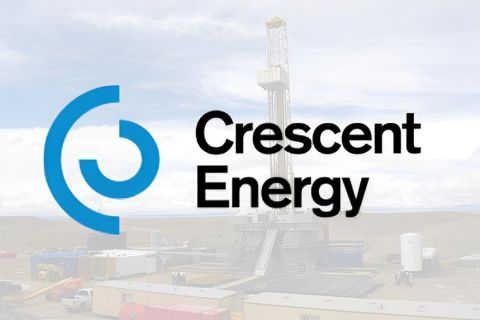Oklahoma City-based Devon Energy Corp. has started clearing the site for its Jackfish 2 in-situ oilsands project in northern Alberta. The company’s original Jackfish project lies about 10 kilometers east of the new venture. The companion sites, owned 100% by Devon, are near Conklin, south of Fort McMurray. Devon employs steam-assisted gravity drainage (SAGD) technology at Jackfish, and will use the same method at Jackfish 2. The projects will each be capable of producing at peak rates of 35,000 barrels of bitumen a day, and will each recover about 300 million barrels. The company is developing its site with seven well pairs on a pad; wells are drilled vertically to depths of around 450 meters, then horizontally 800 to 900 meters. Each well pair is expected to make 1,000 barrels of bitumen a day. Jackfish has a couple of unique features. It is the first oilsands project to use saline water for its steam generation. The company processes some 100,000 barrels of water per day, and recycles 95% of that. Additionally, Devon designed the project with the capability to blend diluent or synthetic crude with its bitumen; at present it uses diluent. The mixture is sent to market via the Access pipeline, owned 50% by Devon. Steam injection started at Jackfish in August 2007, and current production averages 14,000 barrels of bitumen a day. Construction cost was C$730 million. Costs for Jackfish 2 are estimated at C$1 billion, due to inflation in labor and materials. Currently, Canadian oilsands projects make 1 million barrels of bitumen per day. There are 87 active projects; three are operating mines, two are proposed mines and the rest are in-situ. Total oilsands production is forecast to rise to 4 million a day by 2020. I recently had the opportunity to visit Alberta’s oilsands region to tour Jackfish and see SAGD production first-hand. Certainly, SAGD and other in-situ methods are enormous technical breakthroughs that can allow the extraction of great quantities of bitumen with minimal surface disturbances. Well-based recovery schemes have much lighter environmental impacts than mining-based projects, for sure. --by Peggy Williams, Senior Exploration Editor, Oil and Gas Investor pwilliams@hartenergy.com
Recommended Reading
CEO: Coterra ‘Deeply Curious’ on M&A Amid E&P Consolidation Wave
2024-02-26 - Coterra Energy has yet to get in on the large-scale M&A wave sweeping across the Lower 48—but CEO Tom Jorden said Coterra is keeping an eye on acquisition opportunities.
Uinta Basin: 50% More Oil for Twice the Proppant
2024-03-06 - The higher-intensity completions are costing an average of 35% fewer dollars spent per barrel of oil equivalent of output, Crescent Energy told investors and analysts on March 5.
JMR Services, A-Plus P&A to Merge Companies
2024-03-05 - The combined organization will operate under JMR Services and aims to become the largest pure-play plug and abandonment company in the nation.
Hess Corp. Boosts Bakken Output, Drilling Ahead of Chevron Merger
2024-01-31 - Hess Corp. increased its drilling activity and output from the Bakken play of North Dakota during the fourth quarter, the E&P reported in its latest earnings.
Sunoco’s $7B Acquisition of NuStar Evades Further FTC Scrutiny
2024-04-09 - The waiting period under the Hart-Scott-Rodino Antitrust Improvements Act for Sunoco’s pending acquisition of NuStar Energy has expired, bringing the deal one step closer to completion.





